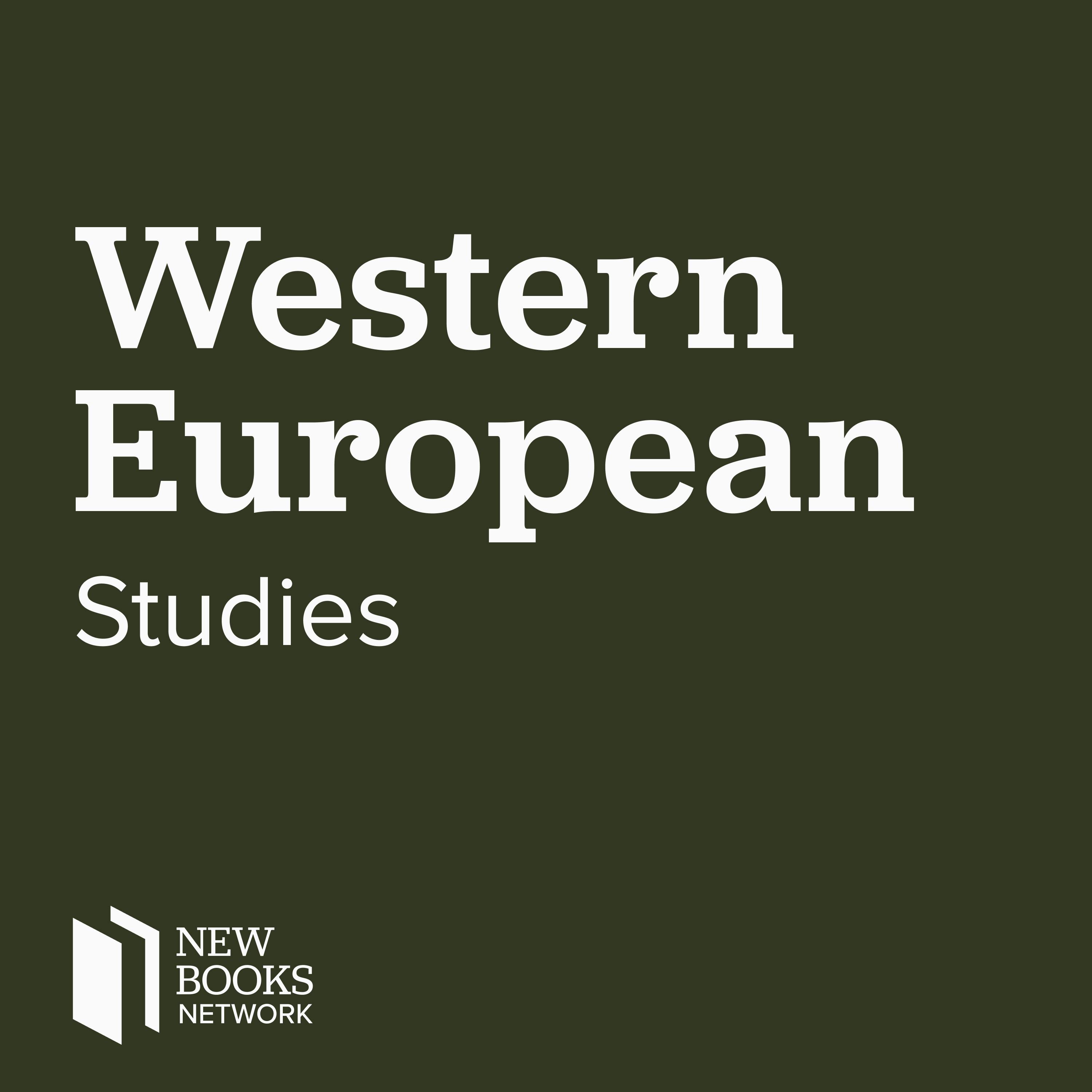Nicholas Underwood, "Yiddish Paris: Staging Nation and Community in Interwar France" (Indiana UP, 2022)
Description
Nick Underwood's Yiddish Paris: Staging Nation and Community in Interwar Paris (Indiana University Press, 2022) is a captivating study of the culture and politics of the vibrant community of Yiddish-speaking immigrants to Paris in the 1920s and 1930s. Making their way to the French capital from various sites in Eastern Europe, members of this Jewish community developed their own cultural institutions, including theatre companies, musical groups, and choruses. Left-leaning in their politics, these newly French Jews typically understood their cultural and community work as expressions of a Socialist or Communist politics. This political orientation also drew non-Yiddish-speaking and non-Jewish audiences to the work of these organizations and artists, establishing forms of solidarity across cultural and religious groups and classes, in Yiddish and in French.
Throughout the book, Underwood examines closely the history of key cultural organizations that brought Yiddish speakers in Paris together and worked to disseminate Yiddish language and culture throughout a wider community in France. Understanding their efforts as profoundly modern, even avant-garde, these cultural and political actors forged and expressed a Jewish diaspora nationalism they regarded as compatible with French republicanism. France was a space of multicultural possibility that seemed the perfect place to build the future.
Taking the reader through the work of various figures and groups, Underwood follows the solidarity, performances, and pluralism of the Yiddish community in interwar Paris up to the eve of the Second World War. Attentive to the devastating experiences that awaited so many French and European Jews after 1939, the book remains focused on the present of the interwar period throughout, emphasizing the community's hopes for an inclusive French society respectful of forms of religious, racial, cultural, and linguistic difference.
Drawing on a wealth of archival materials the author pursued in sites in multiple countries, the book includes some very real and moving stories. Apart from the historical actors Underwood sought out directly and through family members, the lives and experiences of so many actors, singers, musicians, and engaged community members spring off many of the book's pages. It's a compelling book that will be of great interest to scholars across subfields and disciplines, and I hope you enjoy our conversation.
Learn more about your ad choices. Visit megaphone.fm/adchoices
Support our show by becoming a premium member! https://newbooksnetwork.supportingcast.fm/european-studies
More Episodes
History has tended to measure war's winners and losers in terms of its major engagements, battles in which the result was so clear-cut that they could be considered "decisive." Marathon, Cannae, Tours, Agincourt, Austerlitz, Sedan, Stalingrad--all resonate in the literature of war and in our...
Published 06/02/24
Ramón Espejo's book The Catalonian Journey of American Drama 1909-2000: From Jimmy Valentine to The Vagina Monologues (Legenda, 2024) delves into the fascinating journey of American drama in Catalonia, exploring how the theatrical output of a world superpower has impacted (and transformed) the...
Published 06/02/24
Students in twelfth-century Paris held slanging matches, branding the English drunkards, the Germans madmen and the French as arrogant. On Crusade, army recruits from different ethnic backgrounds taunted each other’s military skills. Men producing ethnography in monasteries and at court drafted...
Published 06/02/24


